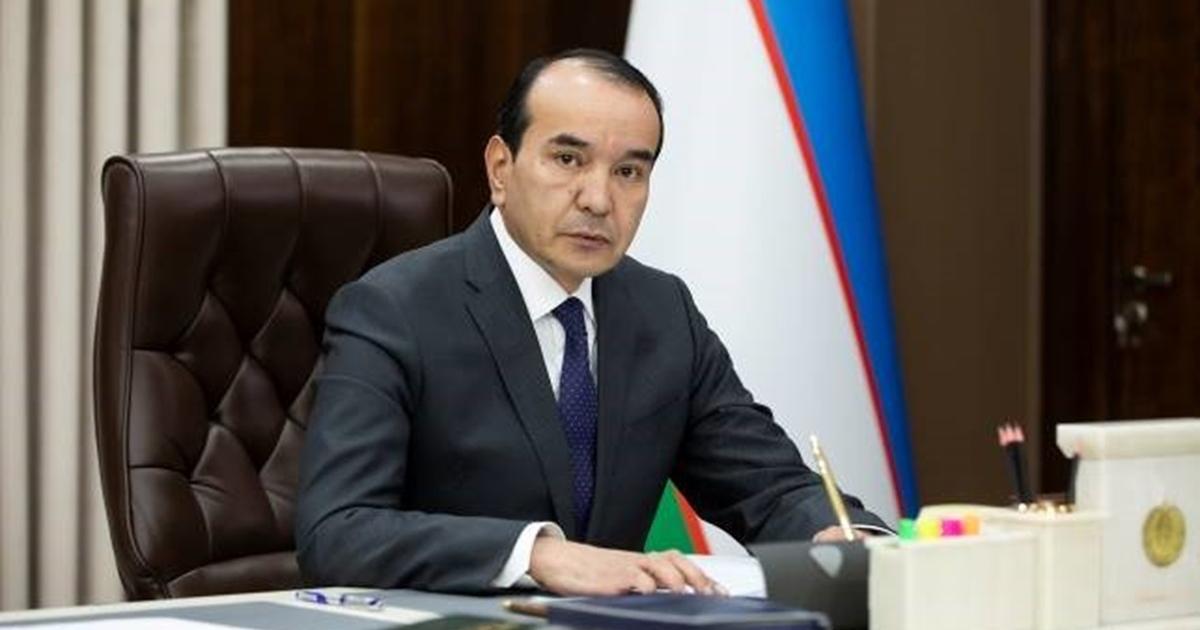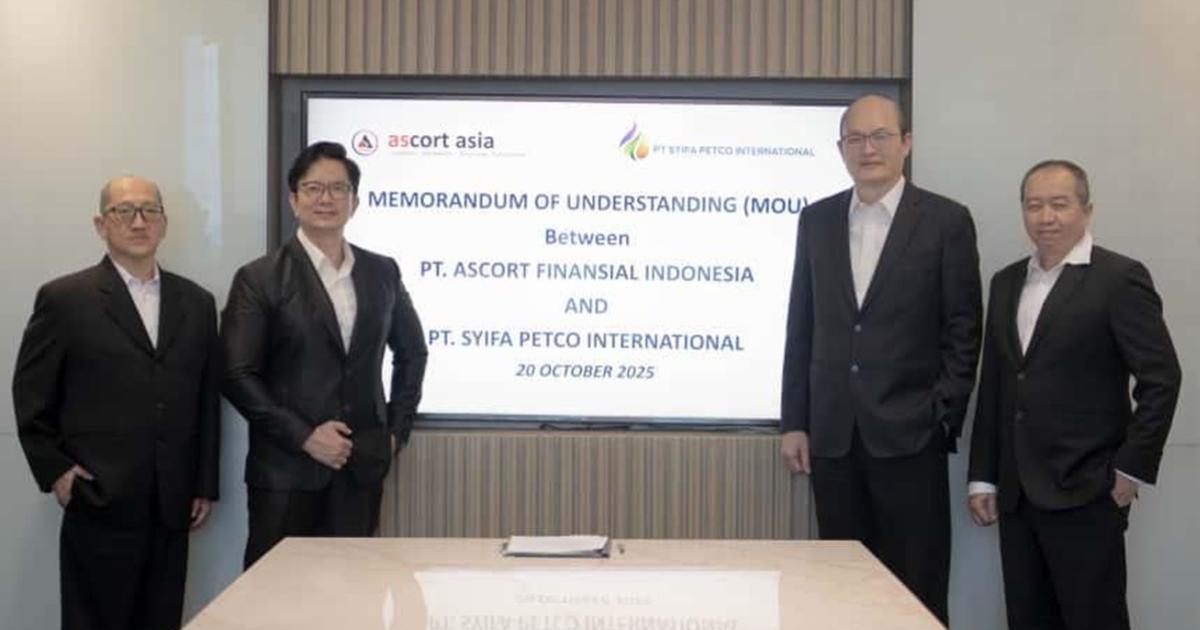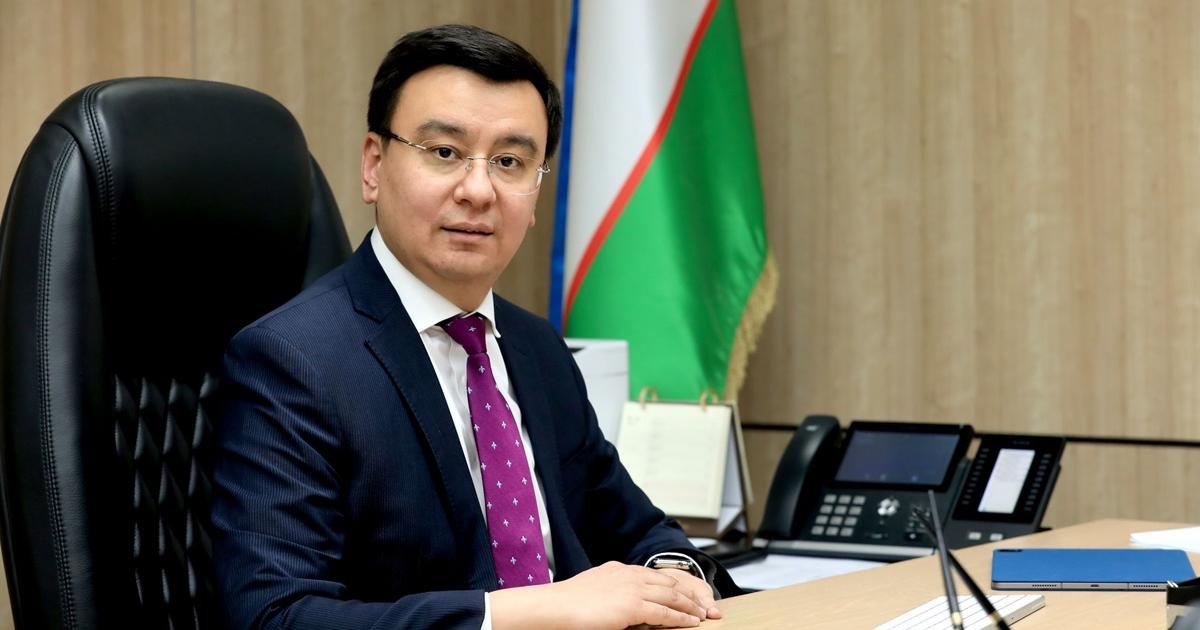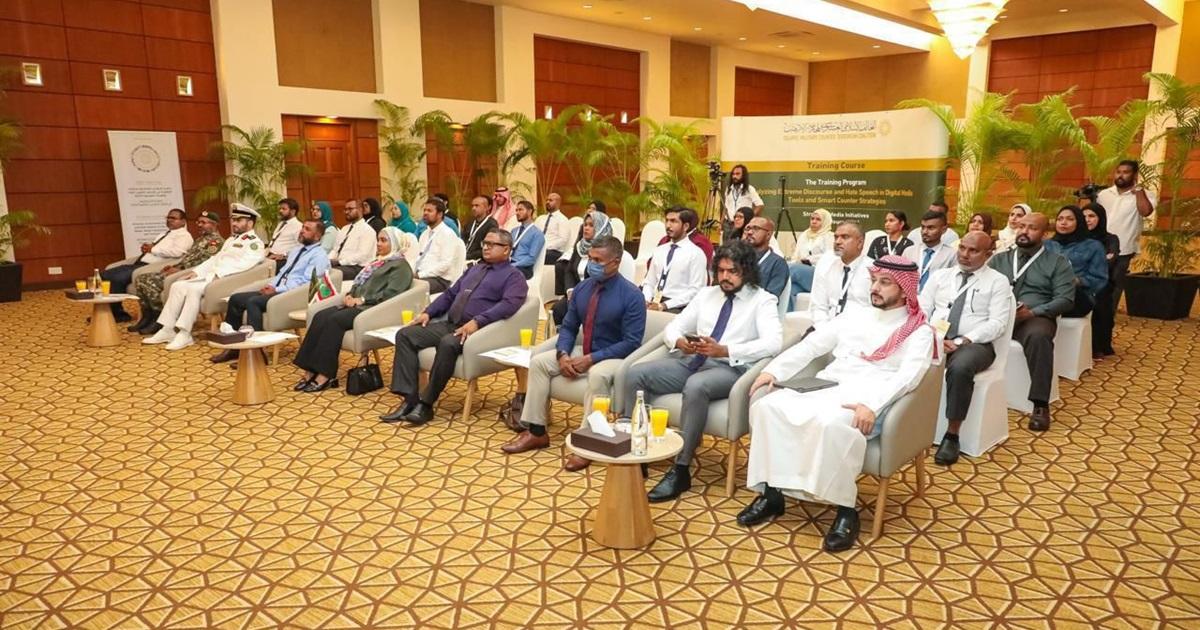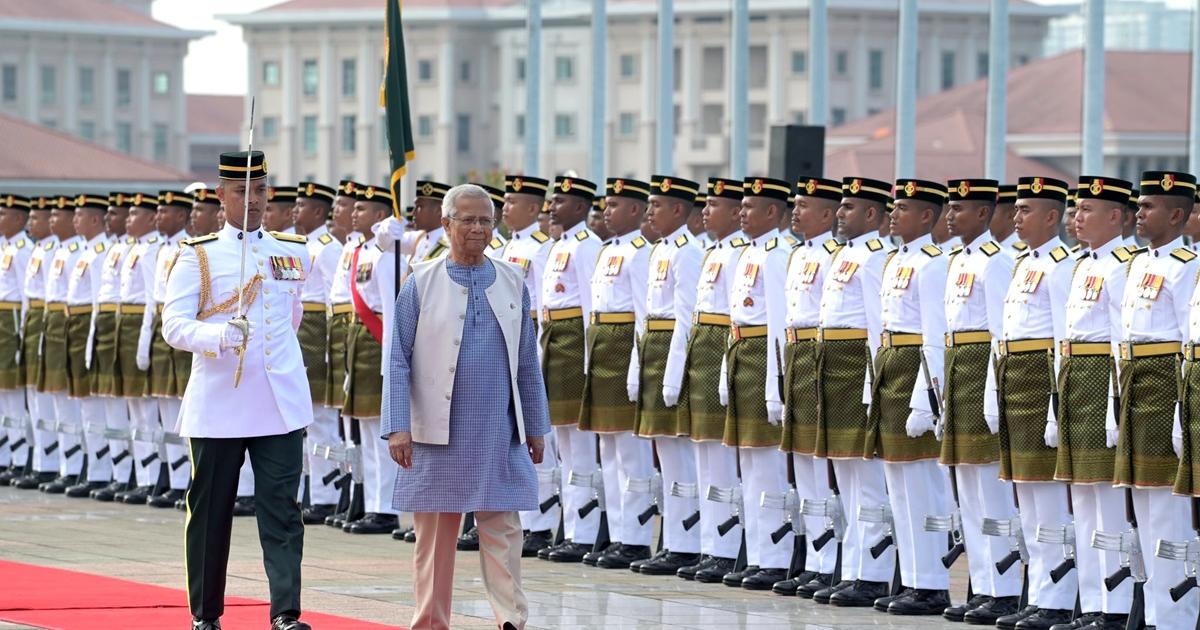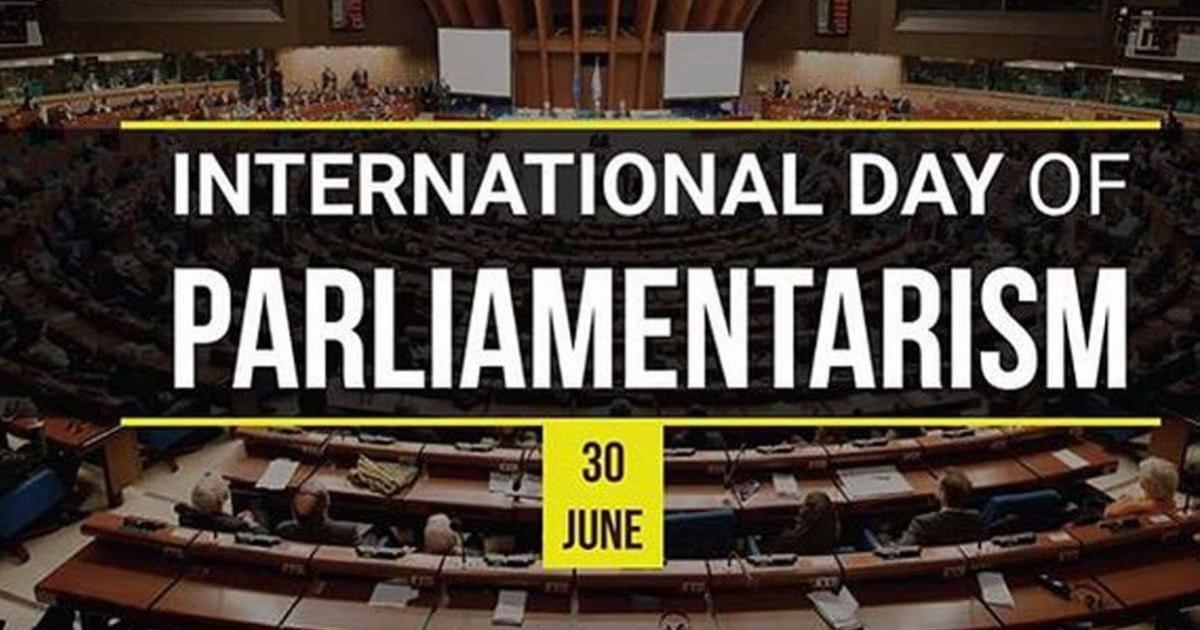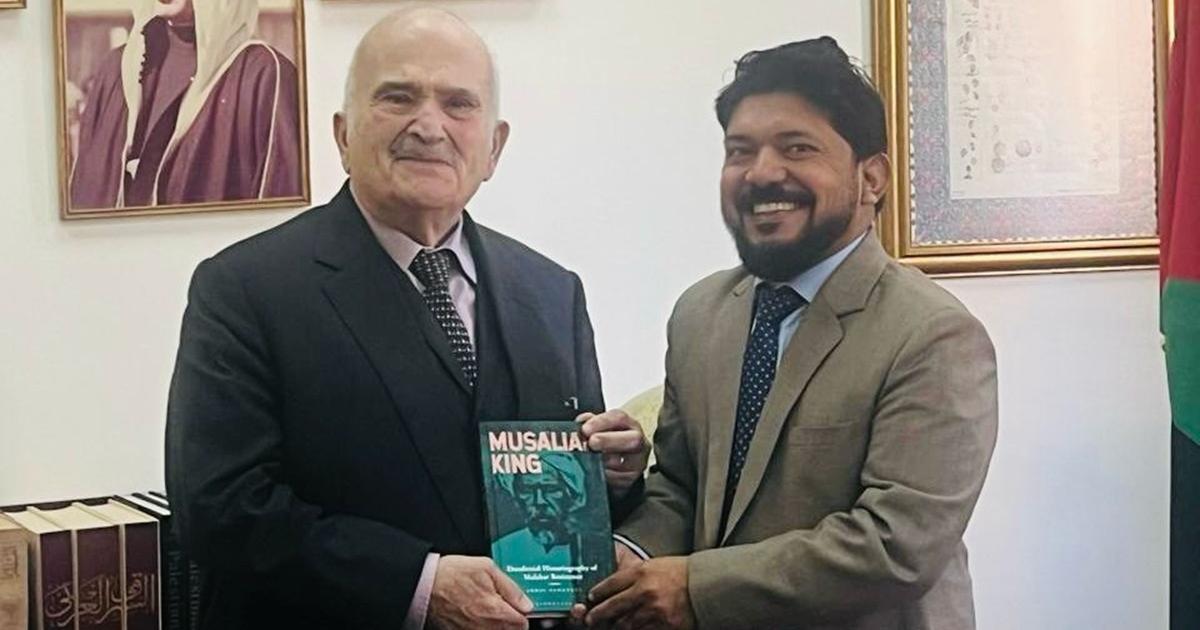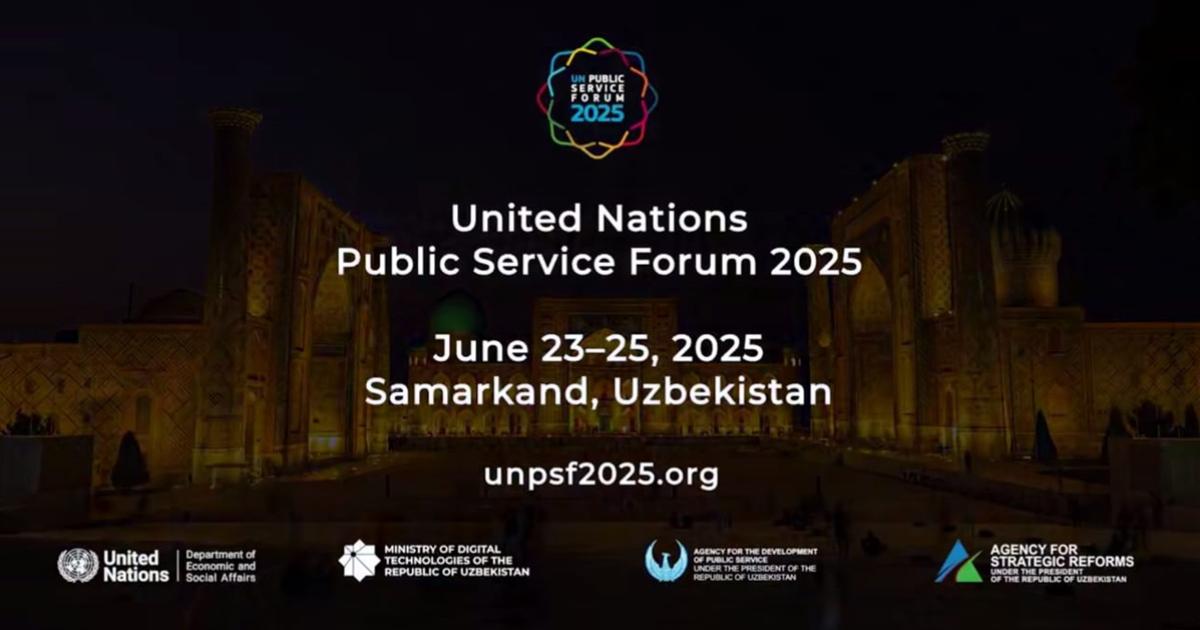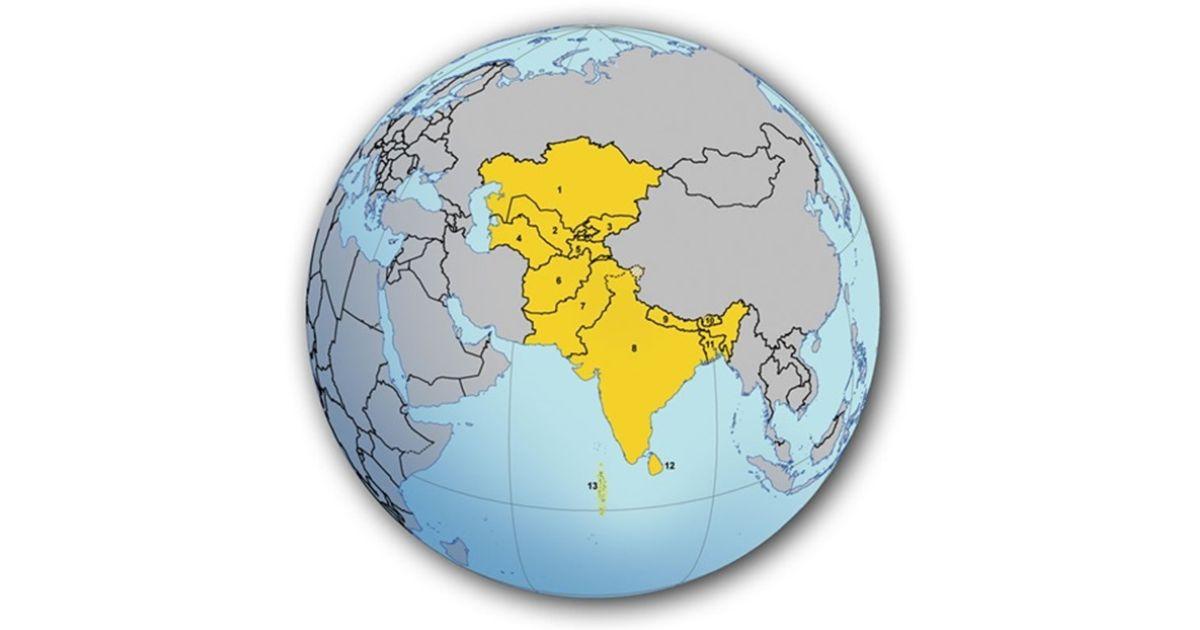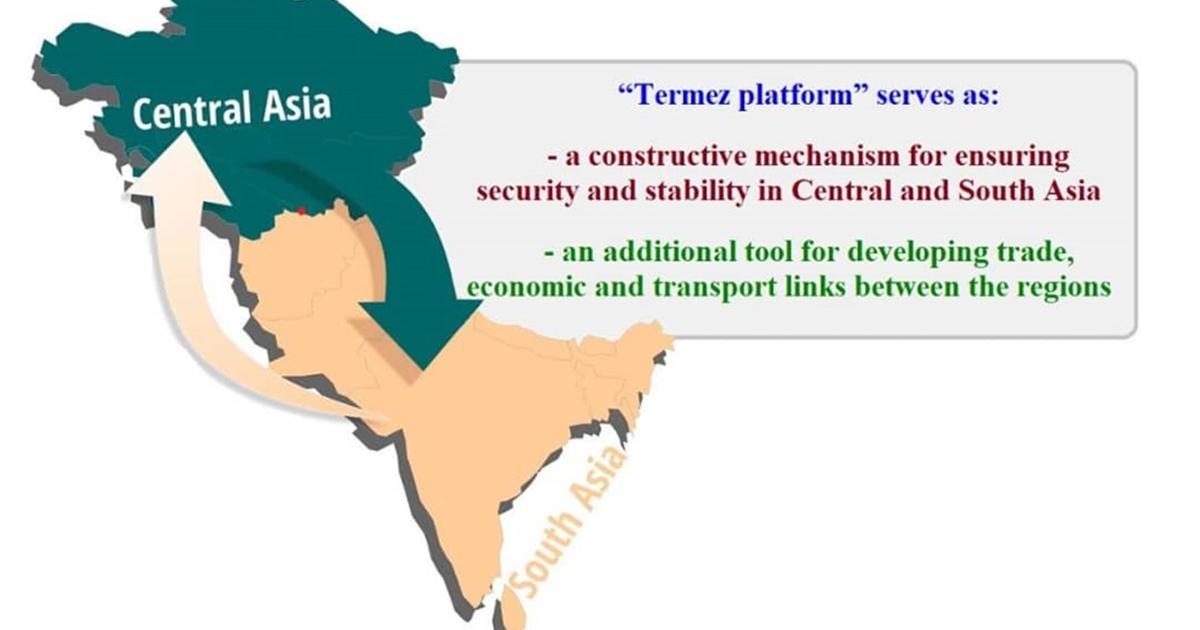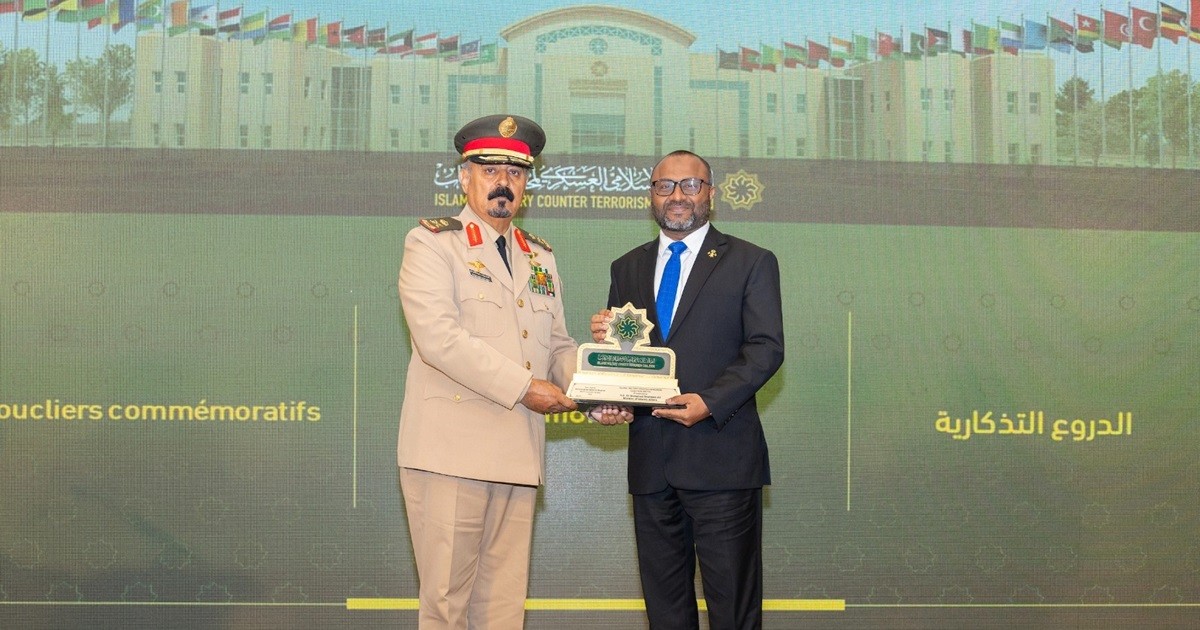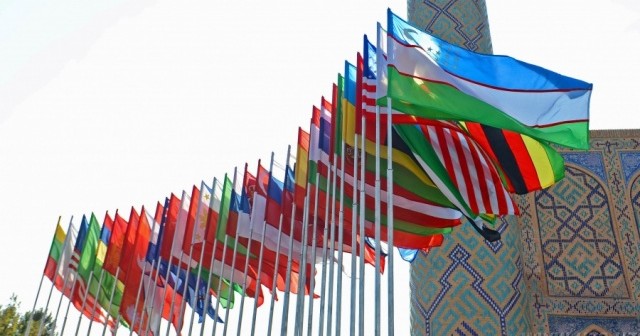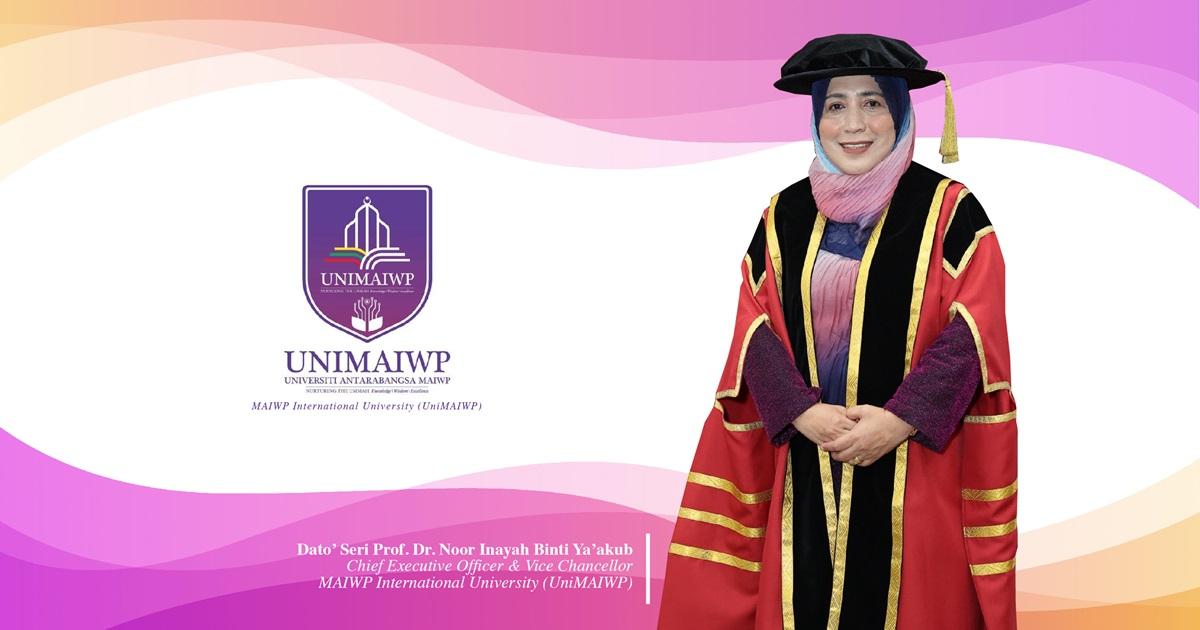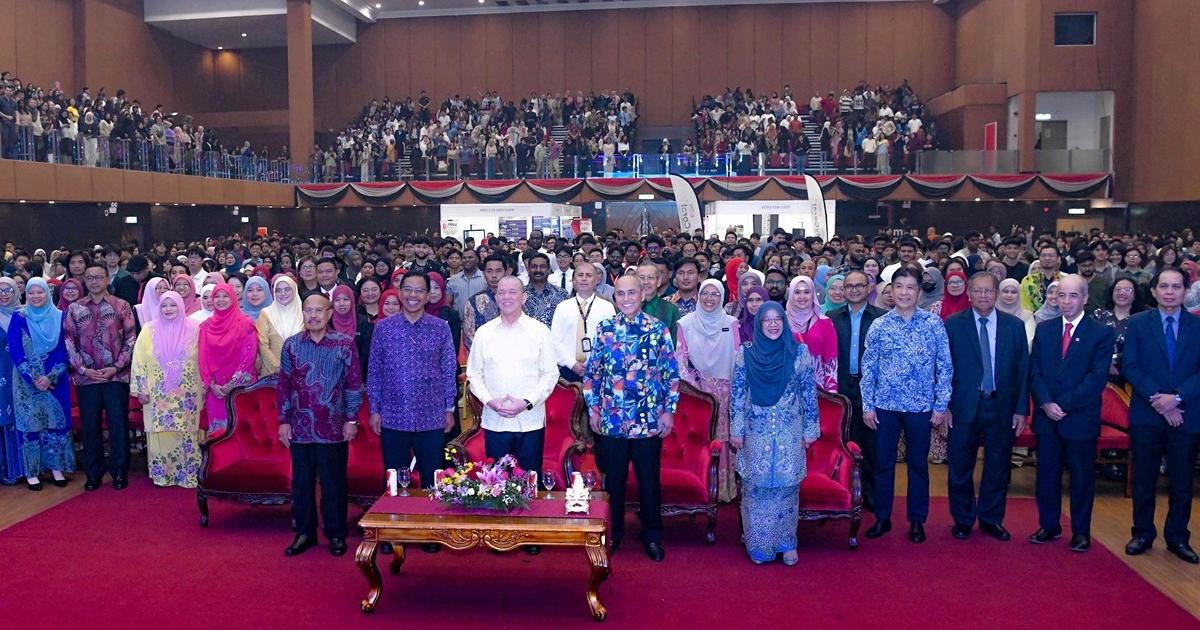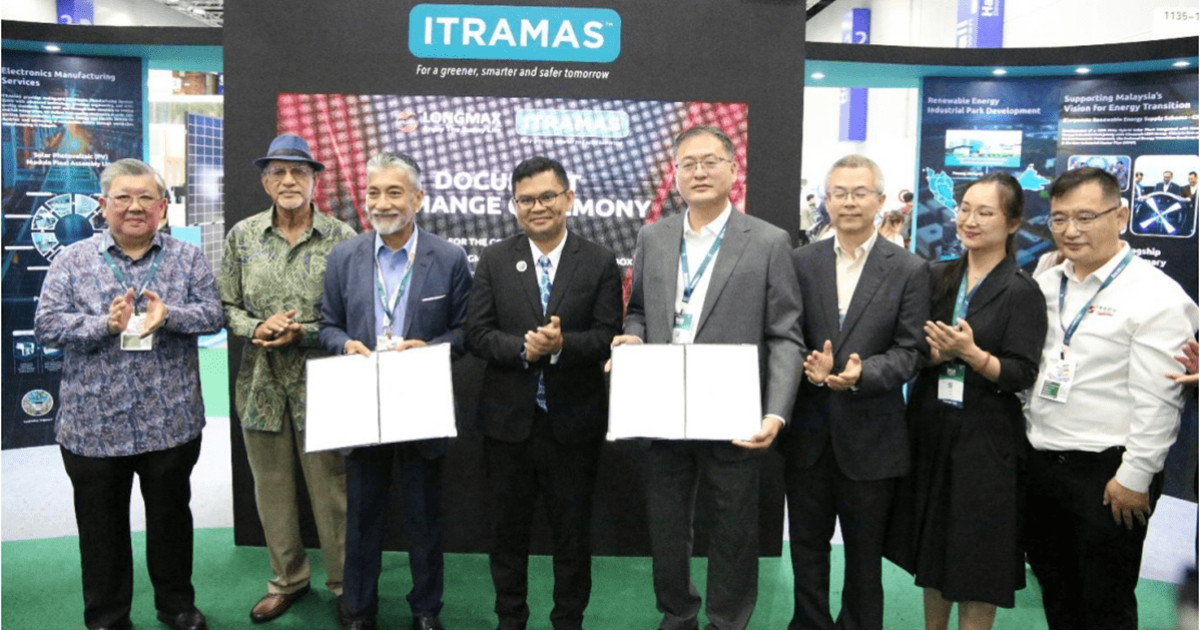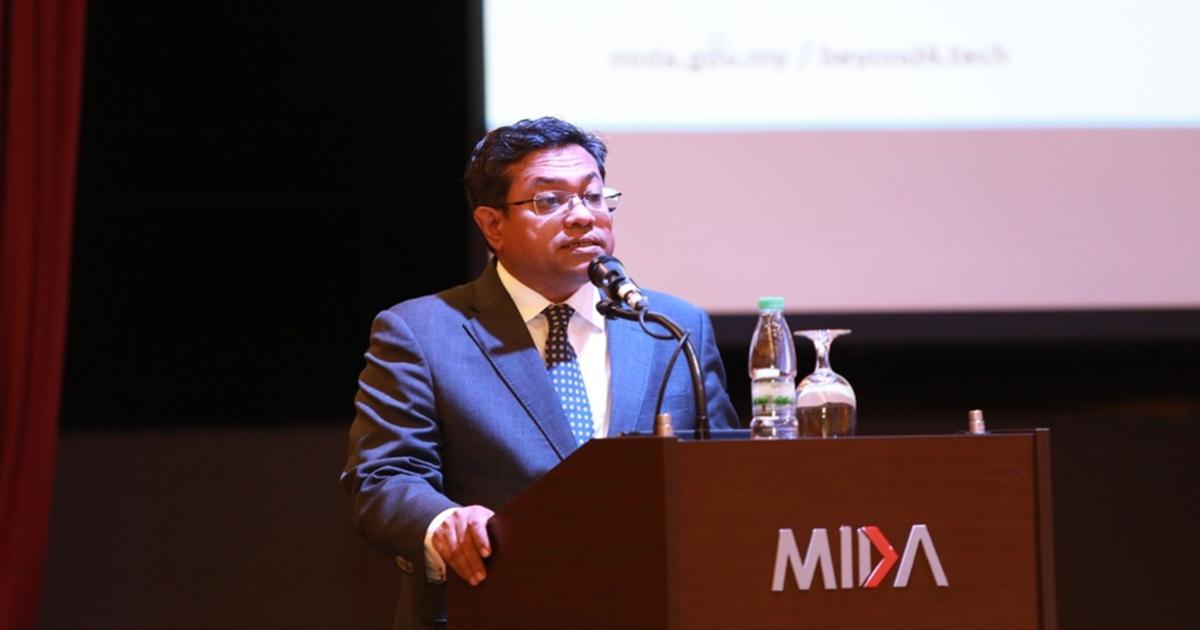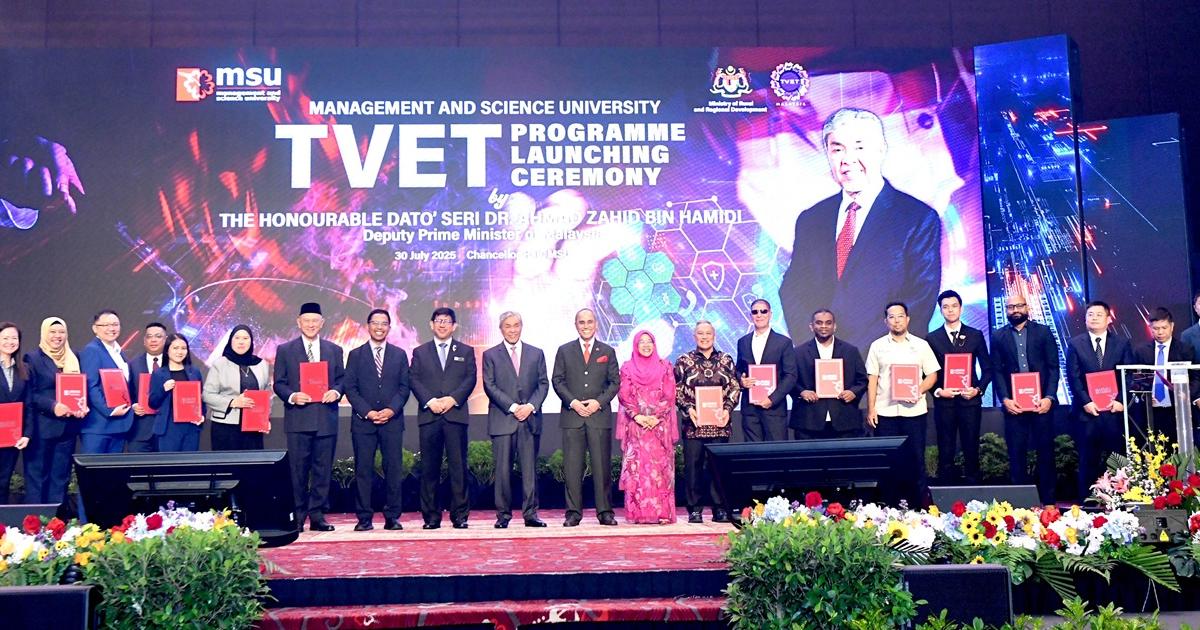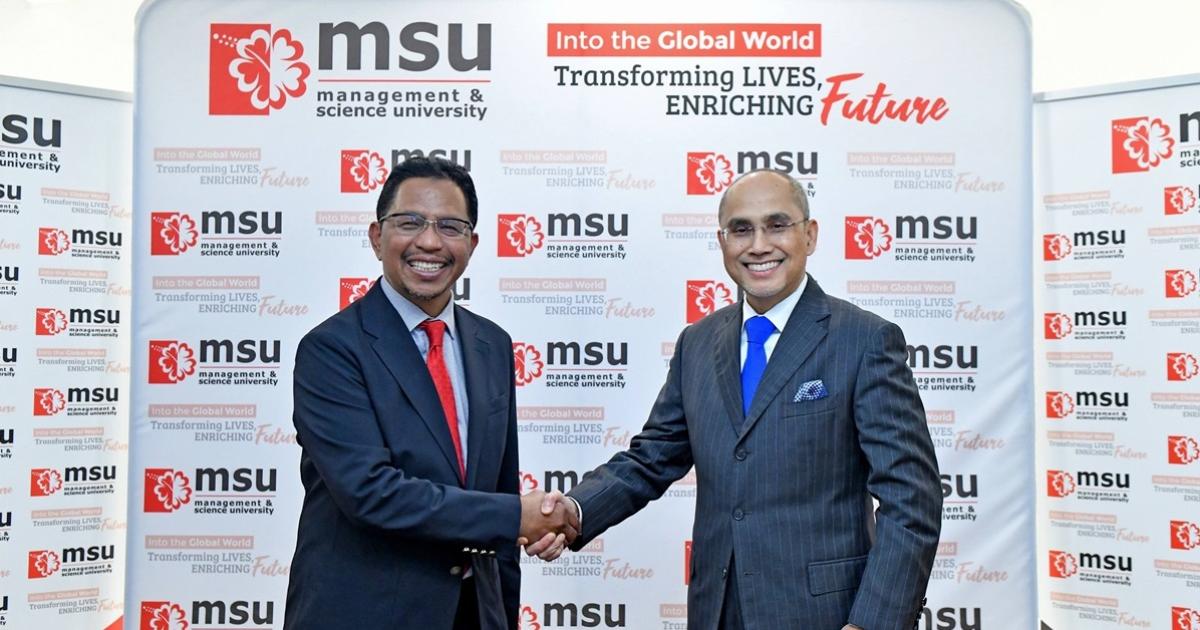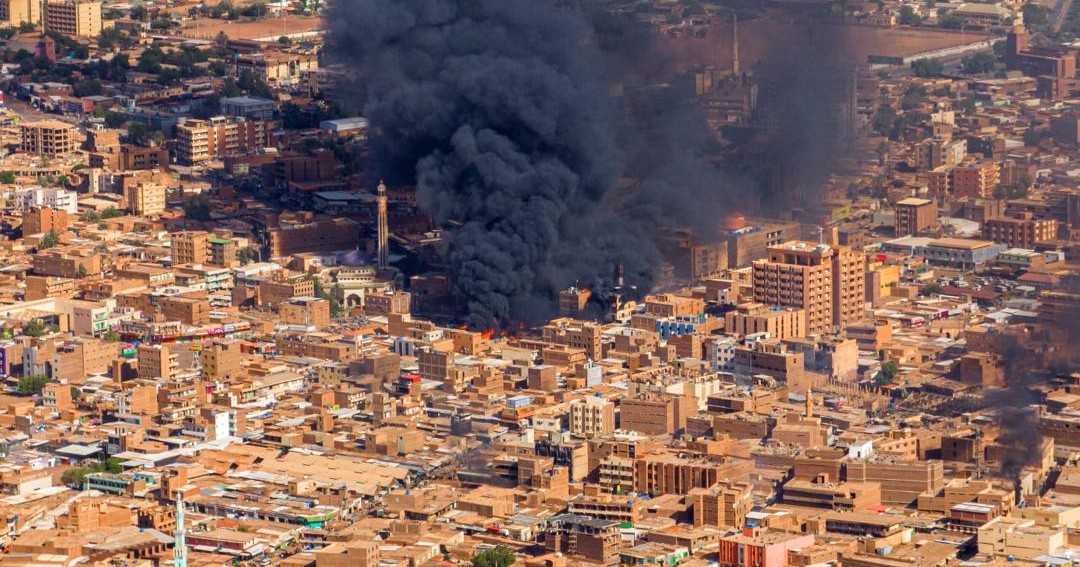
Kuala Lumpur, Malaysia, 27 October 2024 – The Government of Sudan has issued a powerful call for international intervention, condemning the ongoing violence in the Eastern Al-Jazirah and Al-Butana regions, where the Janjaweed militia is reportedly carrying out violent, targeted campaigns against civilians. In a statement from Sudan’s Ministry of Foreign Affairs, the government detailed the harrowing impact of recent attacks, urging global leaders to respond decisively to what it describes as “genocide and ethnic cleansing.”
This statement comes as Sudan’s Acting Foreign Minister, Hussein Awad Ali Mohamed, recently visited Kuala Lumpur last August to strengthen bilateral relations and seek diplomatic support. His visit included participation in a timely conference hosted by the International Institute of Advanced Islamic Studies (IAIS) Malaysia, titled “Sudan: The Forgotten War.” The conference provided a platform for experts to explore the root causes of Sudan’s conflict, often overshadowed by other global crises, and called for increased humanitarian support.
Rising Violence in Eastern Sudan
The Sudanese Foreign Ministry’s statement describes the current crisis as a “savage retaliatory campaign” by the Janjaweed militia, who are allegedly attacking civilians based on tribal and regional affiliations following leadership defections within their ranks. Sudan estimates that hundreds have lost their lives, while thousands more have been injured or forced to flee their homes.
“These horrifying campaigns amount to acts of genocide and ethnic cleansing,” the Sudanese government stated, emphasizing the urgency of the crisis. The Ministry has urgently appealed for global condemnation and measures to hold the Janjaweed’s leaders and supporters accountable, including cutting off arms and mercenary flows that enable these atrocities.
A Call for Global Accountability
In its statement, Sudan urged the international community to condemn the violence unequivocally and hold the Janjaweed militia’s leaders and regional sponsors accountable. The government warned that silence and indifference from the international community risk emboldening the militia, allowing them to continue their operations unchecked. “The inaction of global leaders only encourages these forces to persist in committing massacres and acts of genocide,” Sudan’s statement asserted.
The visit of Sudan’s Acting Foreign Minister to Malaysia highlights Sudan’s strategic push to gather international allies in its fight for justice and security. This visit is not only a diplomatic outreach but also underscores Malaysia’s long-standing relationship with Sudan, as the two nations explore avenues for collaboration amidst the ongoing crisis.
Malaysia’s Perspective and Historic Partnership with Sudan
Malaysia’s deep-rooted ties with Sudan position it as a crucial partner in Sudan’s appeal for international support. During his Kuala Lumpur visit, Acting Foreign Minister Mohamed met with Malaysian officials and participated in the IAIS Malaysia-hosted conference on Sudan’s conflict. This forum, “Sudan: The Forgotten War,” convened scholars, diplomats, and humanitarian experts to discuss Sudan’s struggle for peace and the humanitarian aid needed to ease civilian suffering.
Malaysia’s historic investment in Sudan, notably through PETRONAS, which has played a significant role in Sudan’s oil sector since 1995, and its diplomatic support during the Darfur crisis, have created a foundation of mutual trust. Malaysia has also provided scholarships to Sudanese students and actively supported Sudan in international forums, solidifying its reputation as a consistent ally.
With this backdrop, Malaysia is well-positioned to strengthen its partnership with Sudan, particularly as Sudan looks to Malaysia for diplomatic support in its current struggle. Malaysia’s strategic engagement with Sudan could enhance its role as a diplomatic leader for peace in the region.
Economic and Diplomatic Potential for Malaysia and Sudan
Beyond humanitarian aid, both nations see a strategic opportunity for economic collaboration. Malaysia’s longstanding reputation in Sudan is invaluable, and Sudan’s location on the Red Sea, along with its potential access to Sub-Saharan Africa’s 1.2 billion-strong consumer market, presents significant economic prospects for Malaysia. The expanding middle class across the region represents an attractive market for Malaysian goods and services, promising mutual economic benefits.
This partnership could also reinforce Malaysia’s influence as a diplomatic actor in Middle Eastern and African affairs, particularly as Sudan’s conflict impacts regional security. Malaysia’s support could serve as a beacon, encouraging other ASEAN members to take a proactive stance in humanitarian and conflict resolution efforts, fostering regional integration and development.
Toward a Collaborative Future for Stability and Prosperity
The convergence of Malaysia’s diplomatic and economic interests with Sudan’s urgent need for support underscores a promising yet challenging path forward. By rallying for international support, Sudan seeks to put an end to the violence tearing through its eastern regions and restore stability for its people. Meanwhile, Malaysia’s potential role as a regional peace advocate and economic partner offers a compelling case for collaboration.
Sudan’s call to the world, amplified by allies like Malaysia, is a reminder of the urgent need for unified action to protect vulnerable populations. As the IAIS conference highlighted, the war in Sudan must not remain forgotten. Both Malaysia and Sudan stand to gain from a strengthened alliance — one built on shared values of stability, peace, and prosperity.
- Business News 100
- Country News 16
- Feature News 30
- International News 151
- Interview News 35
- National News 18





